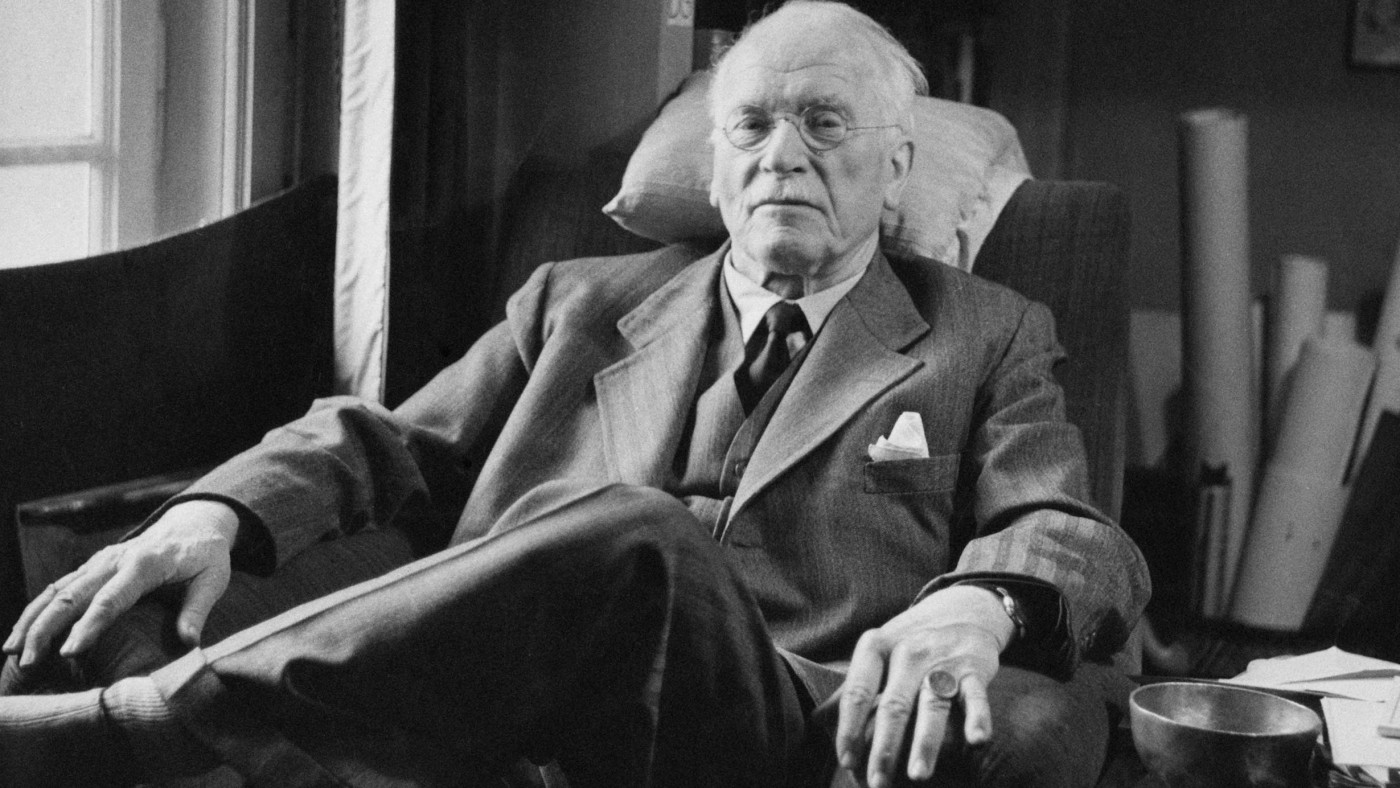There is no lonelier place than the human mind when its capacity for reason is impaired. If there’s one encouraging thing about debate over healthcare in Britain, it’s that the main parties now recognise the urgency of finding and funding effective treatments for mental illness. Yet suddenly a group of mental health professionals has picked this moment to bring a vital cause into derision and disrepute.
In The Guardian newspaper last week, 442 therapists, counsellors and academics warned of the “profoundly disturbing psychological and quality-of-life implications of the coalition government’s cuts and policies”. Missing not a single cliché, they claimed to be “at the coalface in responding to the effects of austerity politics on the emotional state of the nation”.
Perhaps they haven’t noticed that Britain has the fastest-growing economy in the G7. The collapse in output during the global banking crisis was particularly steep for Britain. Last year, the economy grew at its fastest rate since 2007. Involuntary joblessness is a personal tragedy, a social pathology and an economic waste. Fortunately, the unemployment rate is at its lowest for six years and stands at about half the level of the eurozone. With wage growth at last outstripping inflation, living standards are improving.
This isn’t all due to decisions by the coalition government, of course. Annual inflation stands at zero, thereby supporting real incomes, primarily because of the collapse in oil prices since last July. But this is far from a picture of economic misery. All of this must be known to the group of 442. What makes their lobbying still more misguided is their claim about austerity. George Osborne isn’t practising austerity. He quietly abandoned it in 2012. Last year, fiscal policy was slightly expansionary, as tax revenues fell short of projections. Britain still has a budget deficit of £90 billion a year and a debt-GDP ratio of around 80 per cent. What sort of hair-shirt economics is this?
Unfortunately, it’s obvious from the mental health professionals’ letter that their campaign has no empirical basis at all, by design. For, anticipating the vulnerability of their case to data, they add a preposterous rider lamenting “the wider reality of a society thrown completely off balance by the emotional toxicity of neoliberal thinking”. So it’s not just Osborne but capitalism that’s making us ill. What’s the evidence? It’s “the distressing effects … which are often most visible in the therapist’s consulting room”.
The kindest thing you can say about this is that’s got nothing to do with evidence-based policymaking. That’s not accidental. Mental illness is real and therapeutic interventions can do immense good but we are a long way from having a clear biological understanding of such complex and debilitating conditions as depression and anxiety. Some forms of talking therapy (notably cognitive-behavioural therapy) have proven effective by the limited but important intervention of breaking a cycle of negative thoughts. Others, delving into a patient’s entire life story, are far more speculative and some are outright quackery. Those signatories to the Guardian letter who call themselves “Jungian analytical psychotherapists” draw their inspiration from Carl Jung, who believed in a collective unconscious that was literally occult. As he put it, “the main body of the collective unconscious cannot be strictly said to be psychological, but psychical”.
Even at its best, in the fields of clinical psychology and psychiatry, the science of the mind is nothing like precise enough to make confident generalisations about what causes mental illness. The notion that the answer lies in making political choices about the allocation of scarce resources is an abuse of science in the service of ideology.


